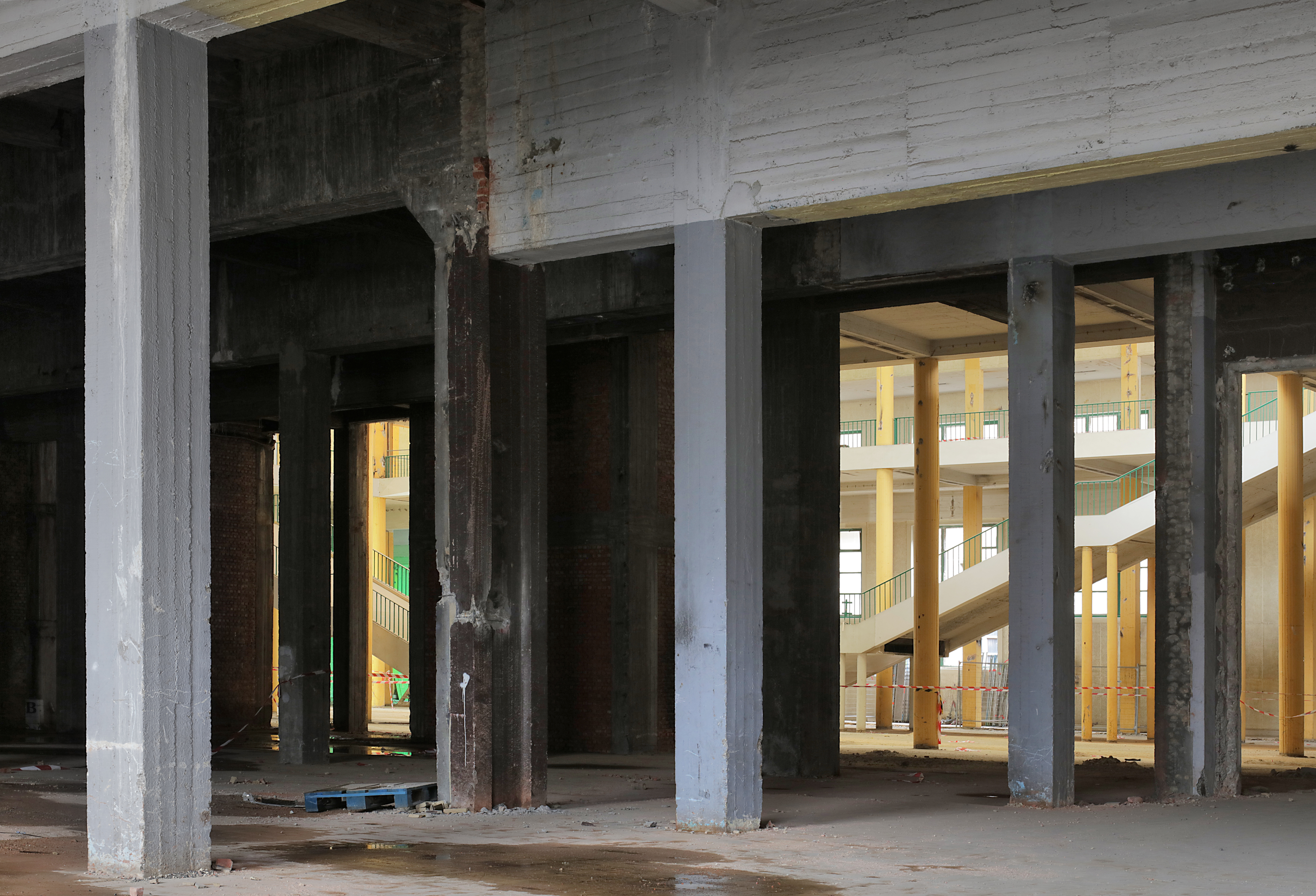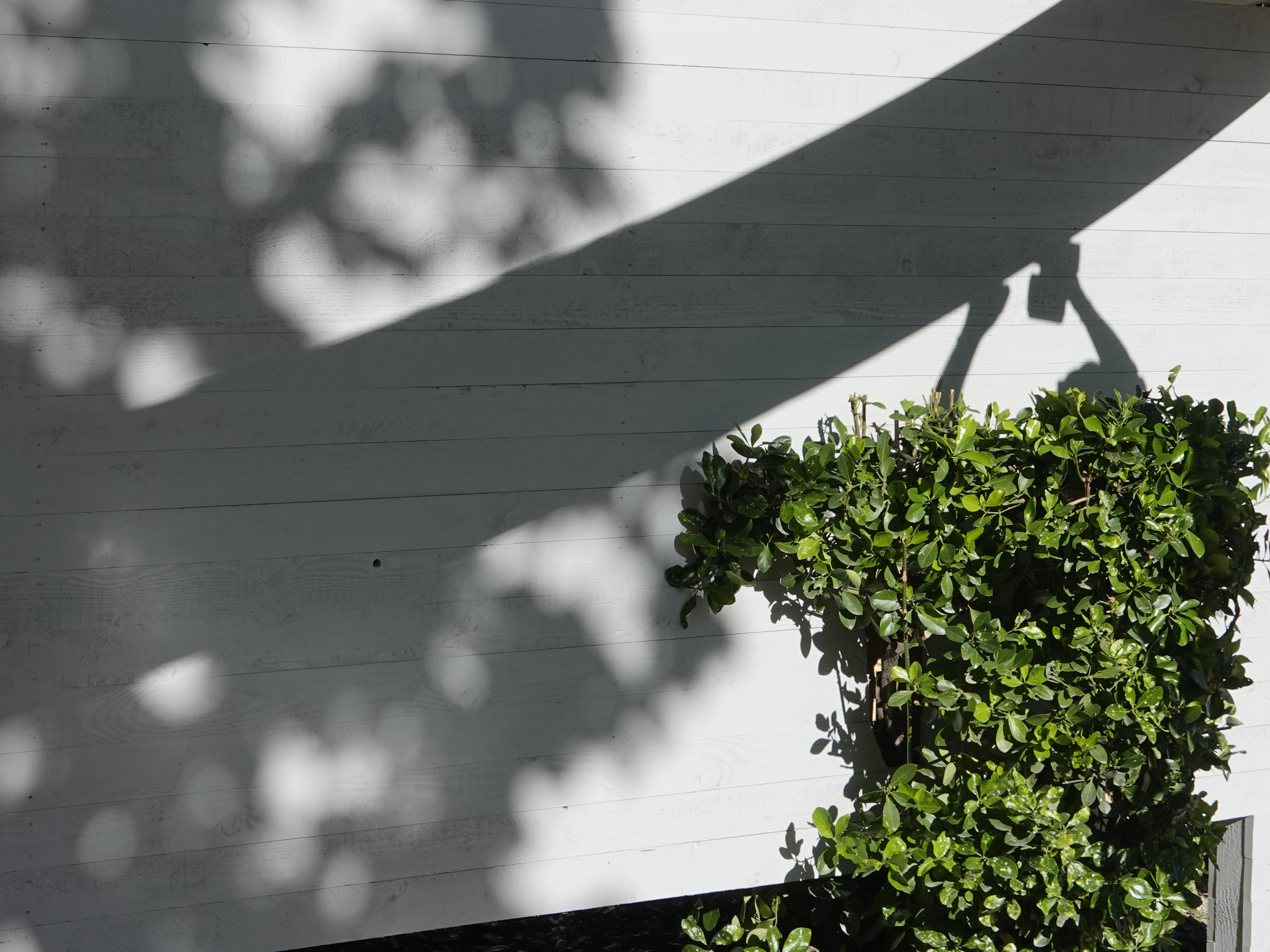November 30, 2017, 12am
United States
Within the framework of the exhibition ARE WE HUMAN? The Design of the Species: 2 seconds, 2 days, 2 years, 200 years, 200,000 years at Princeton University School of Architecture, Beatriz Colomina, Mark Wigley, and e-flux Architecture are proud to present Cosmism, a Superhumanity symposium, featuring Robert Bird, Maria Chehonadskih, Beatriz Colomina, Boris Groys, Nikolaus Hirsch, Marina Simakova, Anton Vidokle, Mark Wigley, and Arseny Zhilyaev.
Superhumanity draws from “The Obligation to Self-Design” (e-flux journal issue 0), a text by Boris Groys in which a genealogy of design is traced from the design of the soul and the design of the self to "the design of life as a whole," to respond to the theme of the 3rd Istanbul Design Biennial—Are We Human?—by engaging with and departing from the concept of the “self.” Through its original 50 contributions (e-flux Architecture, September 2016–February 2017) and its continuations in Havana (Artista x Artista, March 2017) and Seoul (MMCA, October 2017), Superhumanity has sought to explore and challenge our understanding of “design” by probing the idea that we are and always have been continuously reshaped by the artifacts we shape and the thoughts we think. In this sense, we can look to Russian Cosmism as one of the most historically significant intellectual movements to have taken place over the past two hundred years in shaping collective self-consciousness and its utopian horizons.
Russian Cosmism was a movement that called for material immortality and resurrection, as well as travel to outer space. It developed out of the spirituality of 19th century Russia and a strong fascination with science and technology. The doctrine of immortal life in infinite space captured the optimism of both science and the arts at the time. Since then, the utopian, science fiction-like thinking of the cosmists had a great influence on art, architecture, science, and politics in both pre-revolutionary and Soviet Russia.
Looking at Russian Cosmism today opens up new perspectives on the Russian avant-garde as well as the ideology and politics of Russia to the present day. In his influential writings, Nikolai Fedorov (1829‒1903) demanded that the ultimate goal of technology must be to overcome death; all people who had ever lived on Earth must be brought back to life. The cosmists were also visionary pioneers of space travel. For Fedorov, the colonization of other planets would be the inevitable consequence of the lack of space after the resurrection of the dead. The institution of the museum also played a central role in Russian Cosmism, as the remains needed for the resurrection of individuals would have to be preserved there. Fedorov, like the painter and founder of Suprematism Kazimir Malevich, believed that after the death of God, the museum would be the only place where a transhistorical union beyond the grave was possible.
Cosmism, a Superhumanity symposium, will focus on the key concepts, continuities, and impact of Russian Cosmism: from Nikolai Fedorov’s philosophy of the “Common Task” to the significance of Cosmist ideas for the architecture, art, science and philosophy of the Soviet era; from authors and artists of the Russian avant-garde who envisioned modern technology as the pathway to a society of universal happiness, to contemporary artistic positions indebted to Cosmism and Universalism.
See the full program here.



















